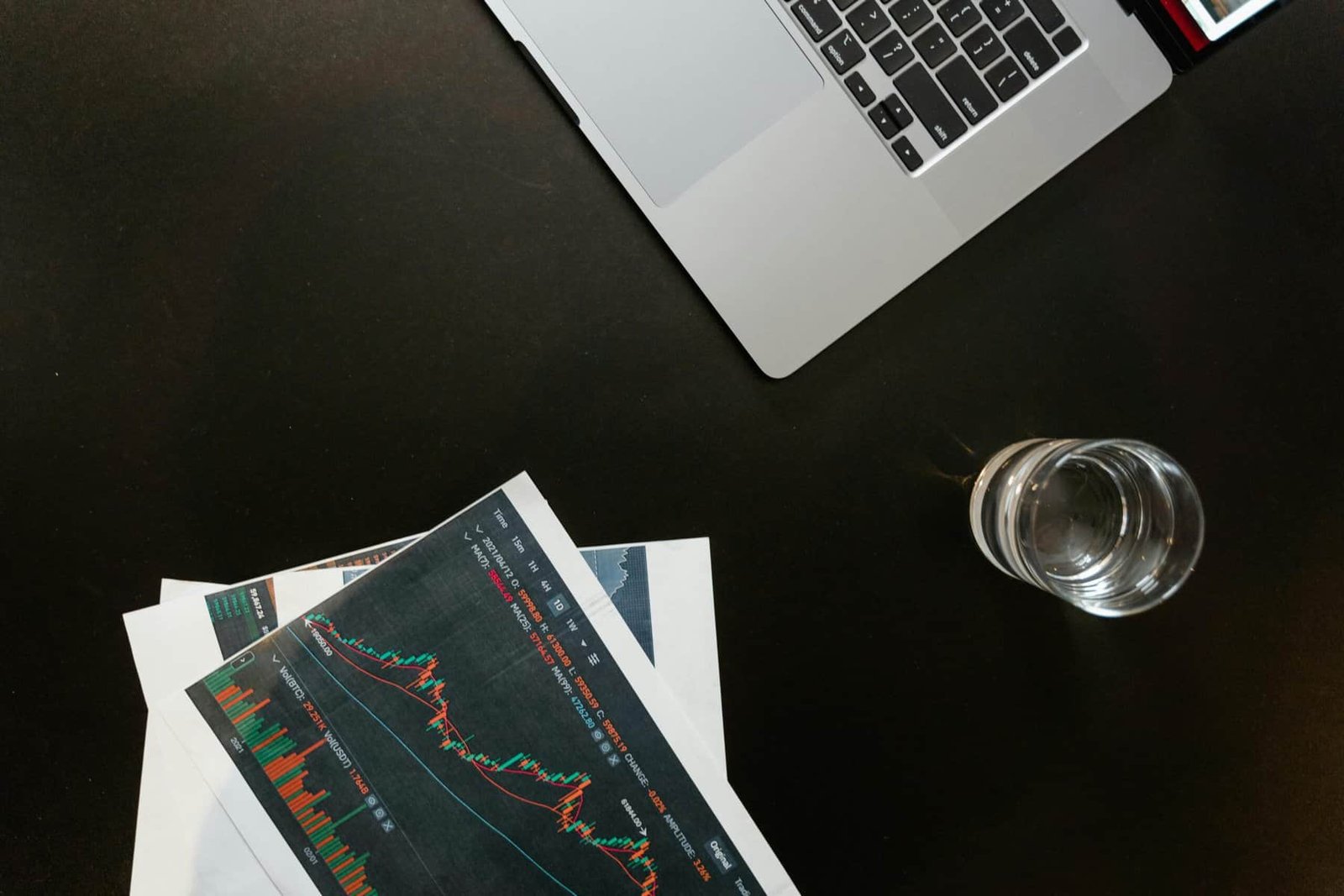Have you ever wondered when the best time is to buy cryptocurrency? Cryptocurrency markets are notoriously volatile, meaning prices can fluctuate wildly in short periods. This kind of unpredictability makes knowing when to buy a bit of a challenge, but it’s not impossible. Identifying the best time to buy can lead to maximized gains and minimized losses, significantly enhancing your investment strategy.
Understanding Cryptocurrency Market Basics
Why Cryptocurrency Markets Are Different
The cryptocurrency market operates 24/7, unlike traditional stock markets, which have designated trading hours and days. This constant movement means that price changes can happen at any time, making it harder to predict trends. Additionally, cryptocurrencies aren’t tied to government policies or economic indicators in the same way that fiat currencies are. Instead, they are more influenced by technological developments, regulations, and market sentiment.
The Role of Volatility in Crypto
One key hallmark of cryptocurrencies is their extreme volatility. Prices can rise or fall dramatically within minutes, driven by factors like regulatory news, technological advancements, market manipulations, or even Tweets from influencers. While this volatility can pose risks, it also provides lucrative opportunities for those who can time their buys correctly.
Key Indicators to Consider
Technical Analysis
Technical analysis involves examining past market data, especially price and volume, to forecast future price movements. This can help you identify trends and determine optimal buying times.
Common Technical Indicators:
| Indicator | Description |
|---|---|
| Moving Averages | Averages of a cryptocurrency’s price over a specific time period. |
| Relative Strength Index (RSI) | Measures the speed and change of price movements to identify overbought or oversold conditions. |
| Bollinger Bands | A volatility indicator that shows the range within which a price typically moves. |
| MACD (Moving Average Convergence Divergence) | Shows the relationship between two moving averages to identify buy or sell signals. |
Fundamental Analysis
While technical analysis focuses on past market behavior, fundamental analysis looks at the underlying factors that could affect a cryptocurrency’s value. This could include the technology behind the coin, its utilities, its development team, partnerships, and the overall market sentiment.
Sentiment Analysis
Sentiment analysis helps you gauge the market mood. Social media trends, news articles, and community forums can give you valuable insights into whether the market is feeling optimistic or pessimistic about a particular cryptocurrency.

Timing the Market
The Impact of News and Events
Cryptocurrency prices are highly sensitive to news and events, such as new regulations, security breaches, or major technological advancements. Keeping up with industry news can give you an edge in identifying the right time to buy.
Understanding Market Cycles
Cryptocurrencies often move in cycles, comprising phases like accumulation, uptrend, distribution, and downtrend. Recognizing these cycles can help you make more informed decisions about when to enter or exit the market.
Market Cycle Phases:
| Phase | Description |
|---|---|
| Accumulation | Period when informed investors start buying, causing slow price growth. |
| Uptrend | Prices begin to rise quickly as more investors start buying. |
| Distribution | Prices reach a peak and start to stabilize as more investors start selling. |
| Downtrend | Prices fall as selling pressure outweighs buying interest. |
Tools To Help You Identify the Best Time
Price Alerts and Mobile Apps
Many mobile apps and cryptocurrency exchanges allow you to set price alerts. These notifications can help you catch price dips or spikes as they happen.
Analysis Platforms
Various platforms offer both fundamental and technical analysis tools to help you gauge the market. Websites like CoinMarketCap, TradingView, and CoinGecko provide useful charts, indicators, and market data.
Bots and Automation
Trading bots can execute trades based on pre-set conditions, removing the emotional element and optimizing your buying and selling strategies. However, it’s essential to use bots cautiously and understand their settings fully.

Strategies for Buying Cryptocurrency
Dollar-Cost Averaging (DCA)
Dollar-Cost Averaging involves buying fixed amounts of cryptocurrency at regular intervals, regardless of the price. This strategy can help mitigate the effects of market volatility.
Example of Dollar-Cost Averaging:
| Month | Amount Invested | Bitcoin Price | Bitcoin Purchased |
|---|---|---|---|
| January | $100 | $30,000 | 0.0033 BTC |
| February | $100 | $35,000 | 0.0029 BTC |
| March | $100 | $25,000 | 0.0040 BTC |
| April | $100 | $28,000 | 0.0036 BTC |
Buy the Dip
Buying the dip means purchasing a cryptocurrency when its price has fallen. The idea is to buy low and potentially sell high later. However, determining whether a dip is temporary or the start of a prolonged downtrend can be challenging.
Using Support and Resistance Levels
Support levels are prices at which a cryptocurrency historically tends to halt its decline, while resistance levels are prices at which it tends to halt its rise. These levels can be identified using historical price charts and can help you decide when to buy or sell.
Seasonal Trends
Cryptocurrency markets can exhibit seasonal trends. For example, some traders have observed that Bitcoin often rallies towards the end of the year and in the first quarter. Understanding these patterns can add another layer to your timing strategy.
Emotional Considerations
Greed and Fear in Trading
Emotions like greed and fear can significantly impact trading decisions, often leading to buying at high prices during a FOMO (fear of missing out) rally or selling at low prices out of panic. Maintaining an emotional balance is crucial for making rational decisions.
Sticking to Your Plan
Having a clear trading plan and sticking to it, regardless of market fluctuations, can help you avoid emotional trading mistakes. Define your entry and exit points, the amount you are willing to risk, and your profit targets. Sticking to this plan can make a significant difference in your investment outcomes.

Practical Tips
Research Thoroughly
Thorough research is your best ally. Familiarize yourself with the cryptocurrency you’re interested in—its technology, use cases, team, and market potential. This information will provide a more comprehensive understanding of what you’re investing in.
Start Small
Especially if you are new to cryptocurrency investing, consider starting with a small amount. This approach allows you to learn the ropes without risking a significant portion of your capital.
Stay Updated
Markets change rapidly, and staying updated can make a significant difference. Follow reliable news sources, join community forums, and keep an eye on social media trends to stay informed.
Diversify
Don’t put all your eggs in one basket. Diversifying your investments across different cryptocurrencies can help mitigate risk.
Common Mistakes to Avoid
Ignoring Fees
Transactional fees can eat into your profits. Always consider the fees associated with buying, selling, and transferring cryptocurrency before making any trades.
Overtrading
Constant buying and selling in an attempt to capitalize on every small price movement can lead to higher fees and increased risk. Overtrading is a common mistake that can be costly.
Failing to Secure Your Investments
Cryptocurrency security is paramount. Always ensure you’re using secure wallets and exchanges. Enable two-factor authentication and keep your private keys secure.

Conclusion
Identifying the best time to buy cryptocurrency is a combination of art and science. It involves understanding market fundamentals, keeping up with news and trends, utilizing analytical tools, and, importantly, managing emotions. While the volatility of cryptocurrency markets can make timing a challenge, the right strategies and tools can help you make more informed and potentially profitable decisions. Happy trading!

